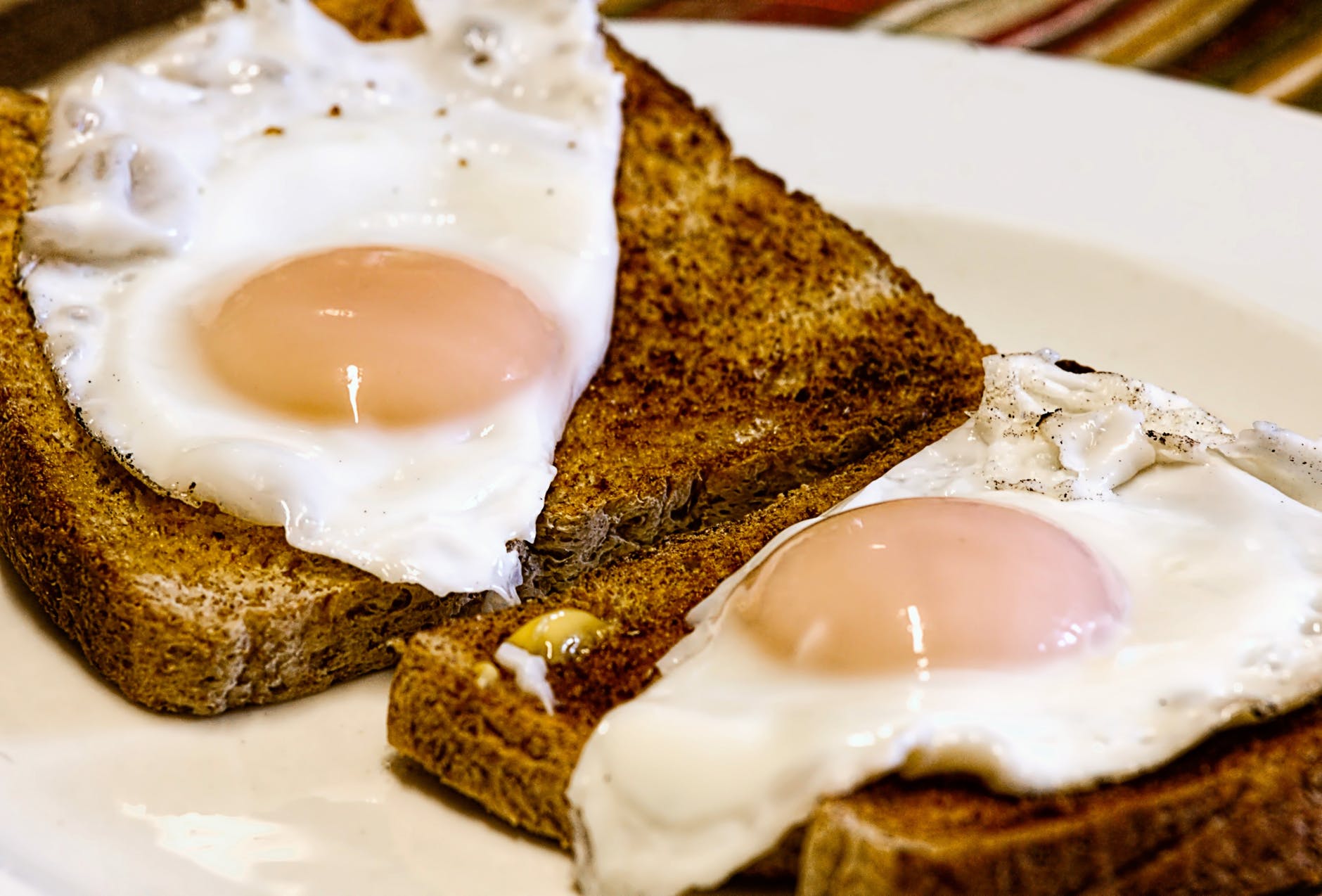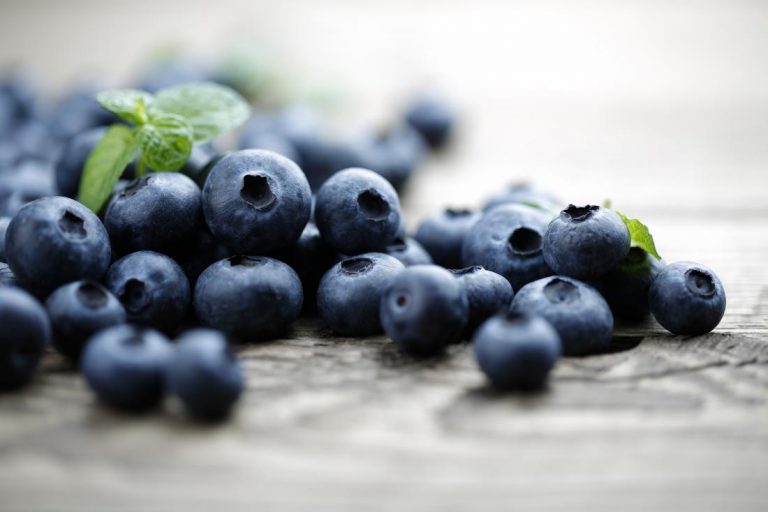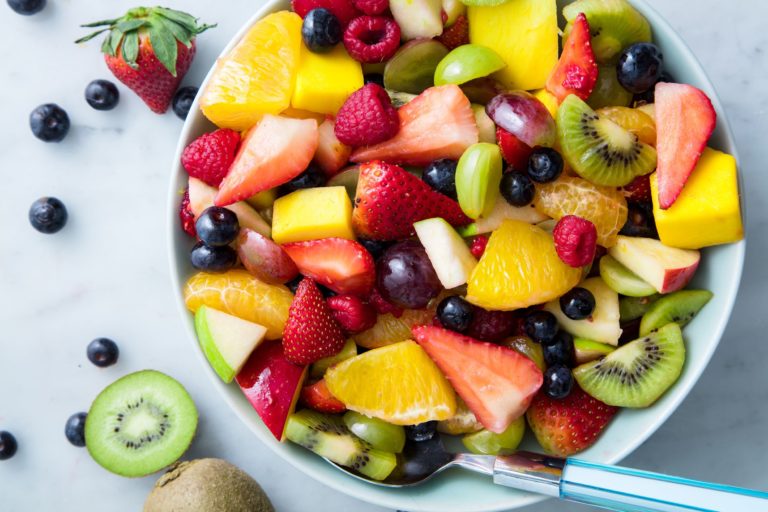
Last night’s dinner can be a lifeline when you need a hot and ready lunch, but you may want to think twice before reheating these foods. Even if you’re in a hurry, eating certain leftovers can make you sick, according to experts. Check them out!
Eggs
“Eggs almost always contain salmonella,” says Kantha Shelke, Ph.D., a food scientist and principal of Corvus Blue LLC, a food science and research firm. The methods commonly used to cook eggs use gentle heat for a short duration of time, which doesn’t kill the bacteria.
And leaving them at room temperature for any length of time is a recipe for those bacteria to multiply to harmful levels. Plus, eggs always taste better fresh and don’t take too long to scramble, so they’re probably not a food you want to save for later.
Beets
Research has found that the nitric oxide in these scarlet root veggies can give your workout a boost and may help blood pressure. But those same compounds react with heat badly.
“If cooked, nitrate-rich foods are not cooled properly and further reheated, the nitrates can get converted to nitrites, and then to nitrosamines, some of which are known to be carcinogenic,” Shelke says. So regularly eating reheated beets or beet products (also turnips, another nitrate-rich root veg) may up your risk for certain cancers.
Potatoes
Spuds seem so sturdy, but even though they’re cooked hotter and longer than eggs, they suffer a similar fate when left to cool at room temperature too long. Doing so can potentially foster the growth of Clostridium botulinum, the bacteria that causes botulism, says Shelke.
Particularly at risk, she says, are large, foil-wrapped baked potatoes, which offer the bacteria the ideal low-oxygen environment to thrive in. Zapping them (sans foil of course) for 30 to 60 seconds cannot kill the stuff that will wreak havoc on your GI system. But cooking a raw potato in the microwave only requires a few minutes more, so when you can, go that route rather than risking it.
Spinach
Like beets, spinach is another nitrate-rich food that’s often served cooked. To avoid converting nitrates in these leafy greens into potentially carcinogenic nitrosamines, you may want to serve your spinach raw (the ultimate time saver) or lightly sautéed.
It’s also important to note that nitrites, another byproduct of heating nitrate-rich foods, are not safe for infants less than six months old. Spinach is often mixed with other foods in baby purees, so make sure you aren’t heating them.
Chicken
Like eggs, chicken tends to come standard with salmonella, and time plus low temps is a recipe for disaster as those bacteria multiply. The best way to avoid this: Make sure the internal temperature of your bird reaches 165 degrees.
Microwaves don’t always heat evenly or to as high a degree as other cooking methods, so turning the meat and making sure the entire thing is hot helps. And don’t reheat it more than once—there’s always chicken salad!
Seafood
Fresh fish is mega healthy and we don’t eat enough, but nothing says food poisoning risk like bad seafood. And according to the FDA, it can go bad pretty easily—bacteria grows quickly on any seafood that isn’t kept between 40 and 140 degrees Fahrenheit.
Even the ambient temperature in the room can affect it, so to be safe, don’t let seafood sit out more than one hour. And really, unless you want to annoy your co-workers or roommates, you might not want to reheat this in a communal microwave anyway.

























